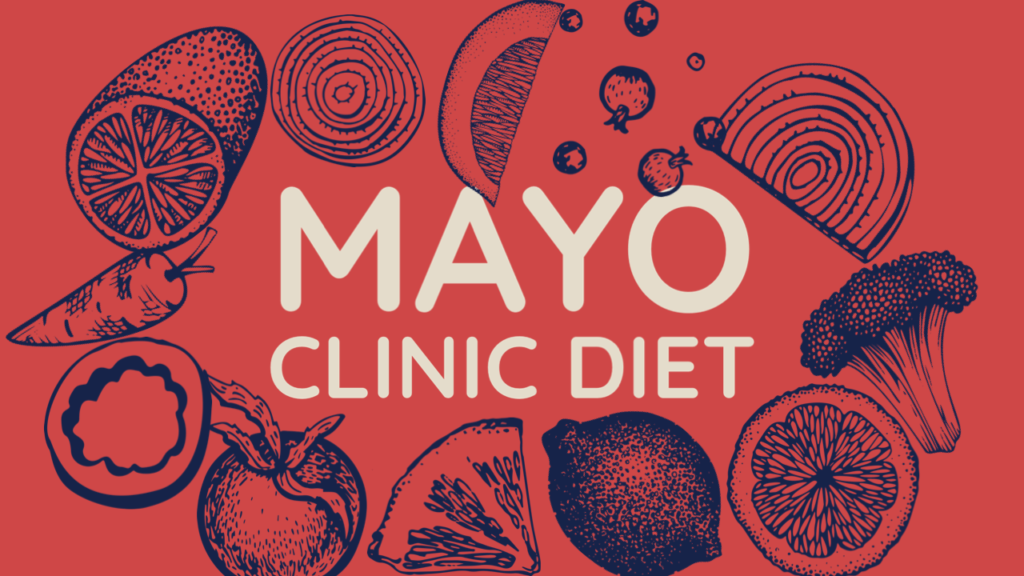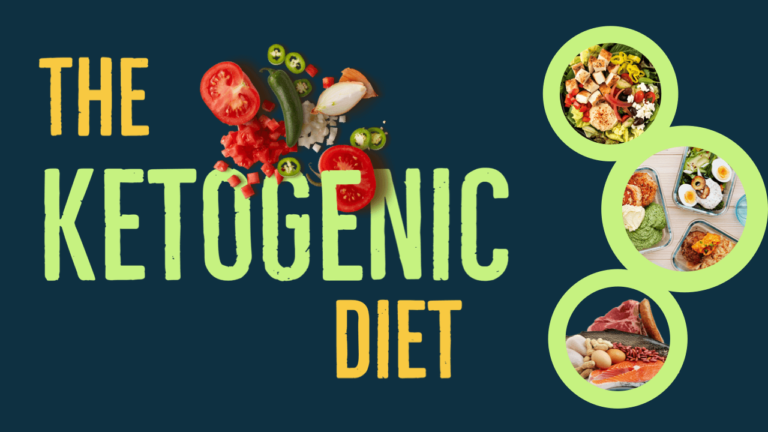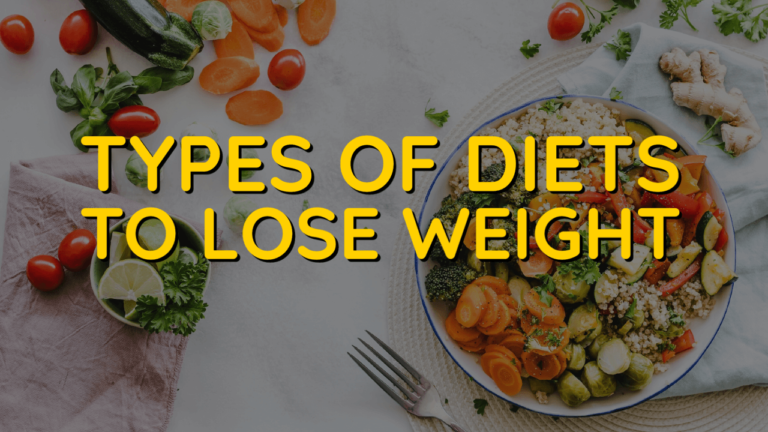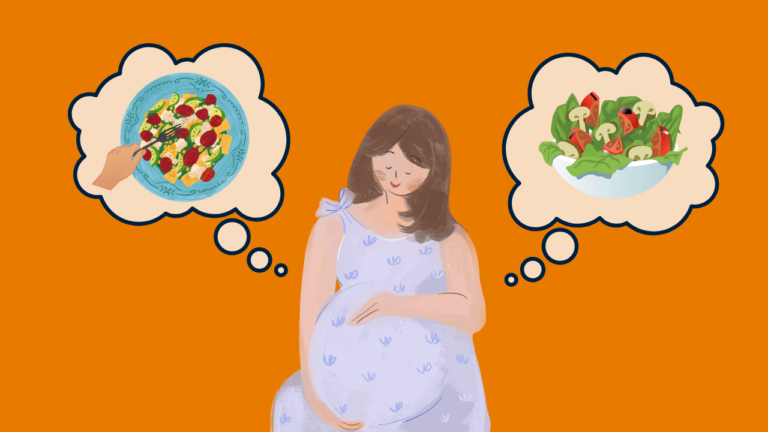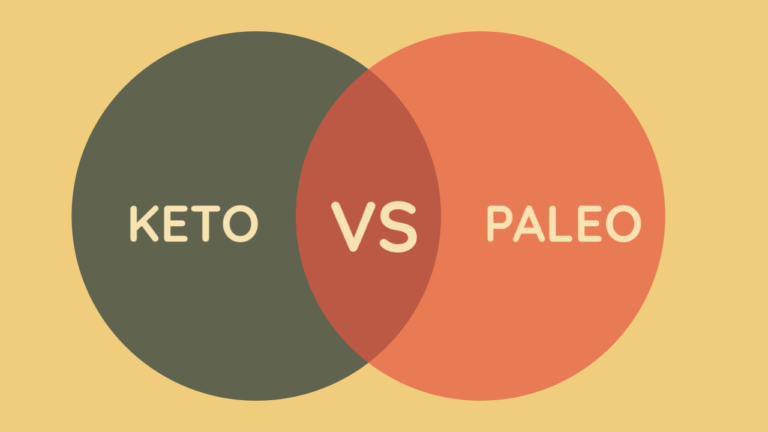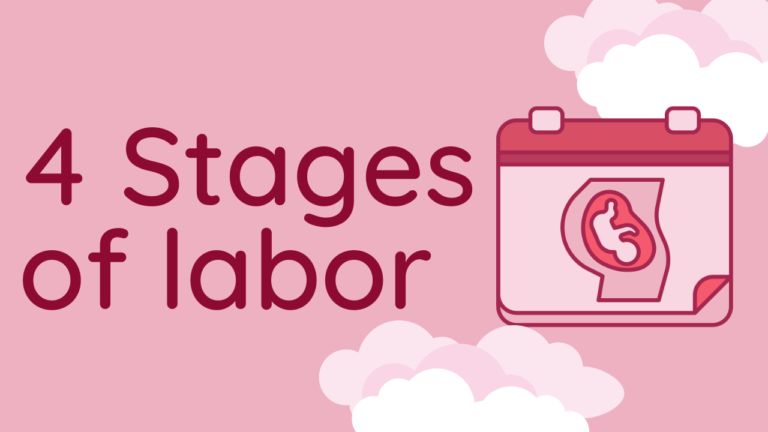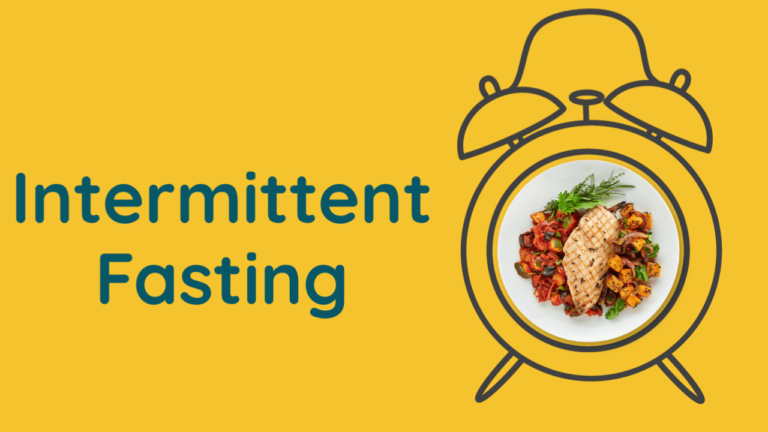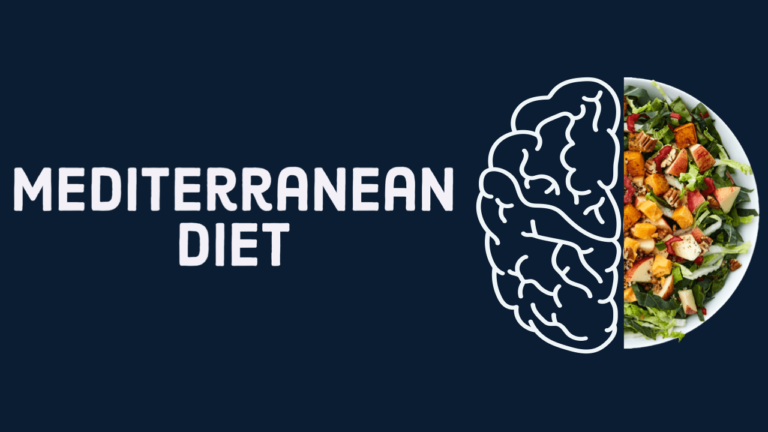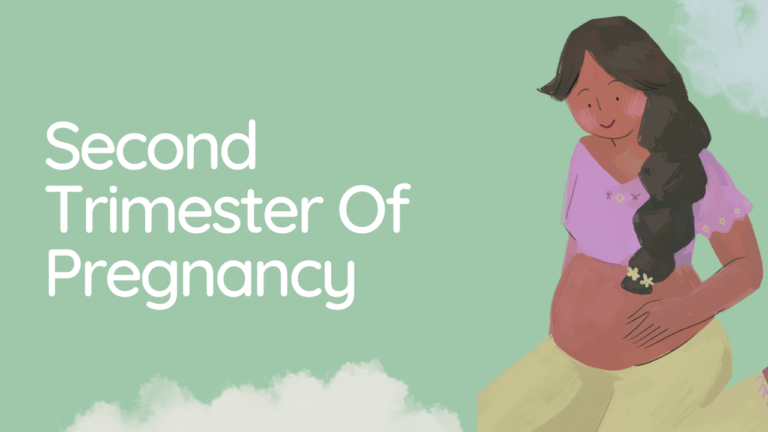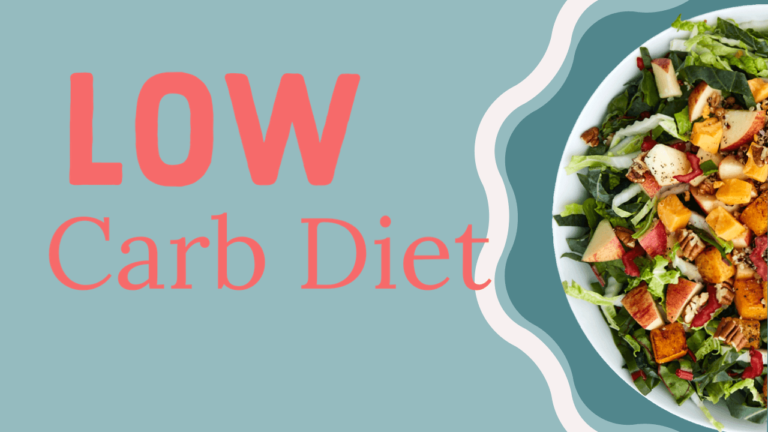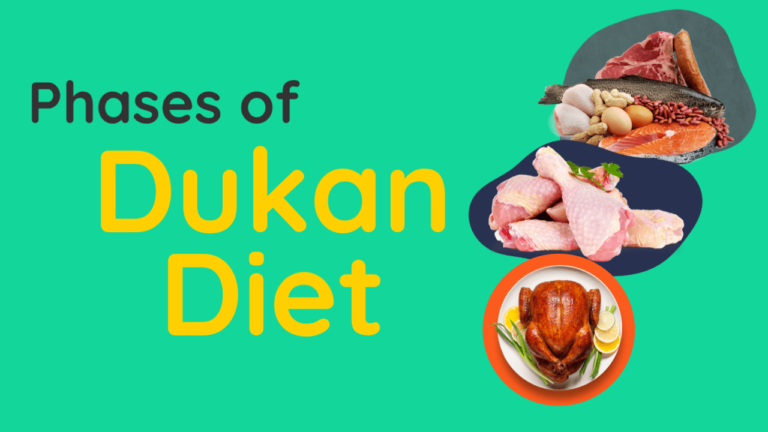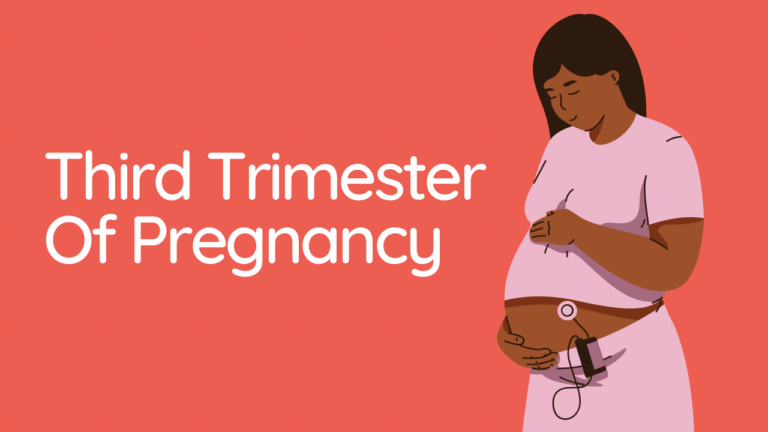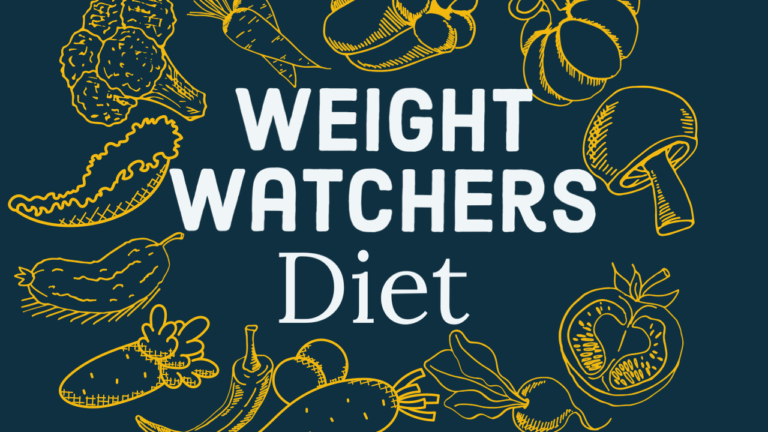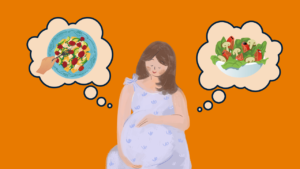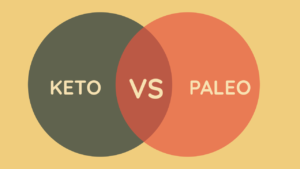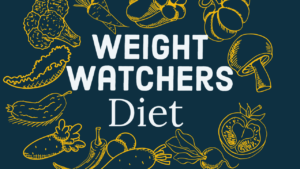The Mayo Clinic Diet is a popular weight loss program that has been helping people lose weight and maintain a healthy lifestyle for decades.
This comprehensive program is based on the principles of healthy eating and exercise and is designed to help you lose weight in a healthy and sustainable manner.
What is the Mayo Clinic Diet (MCD)?
The MCD is a weight loss program that was created by the renowned Mayo Clinic, a nonprofit medical research organization.
The program focuses on promoting healthy eating habits and encouraging physical activity to help people lose weight and maintain a healthy lifestyle. The diet is not a quick-fix solution but rather a comprehensive approach to weight loss and overall health.
The Science Behind the Mayo Clinic Diet
The MCD is based on the principles of healthy eating, which includes eating a balanced diet that is rich in whole foods, fruits, and vegetables.
The diet also emphasizes the importance of portion control and encourages people to limit their intake of unhealthy foods such as processed foods and sugary drinks. Additionally, the MCD promotes physical activity as an essential component of weight loss and overall health.
Mayo Clinic Diet With Grapefruit
The Mayo Clinic Diet does not specifically mention the inclusion of grapefruit in the diet plan. However, it does emphasize eating a variety of fruits and vegetables, including citrus fruits such as grapefruit, as part of a balanced and healthy diet.
Some sources claim that incorporating grapefruit into the diet can aid weight loss due to its low calorie count and high fiber content, but there is limited scientific evidence to support this claim. It’s important to remember that the best way to achieve and maintain a healthy weight is to make sustainable lifestyle changes that include a balanced diet, regular physical activity, and stress management techniques.
The Mayo Clinic Diet Meal Plan
The MCD provides a comprehensive meal plan that includes a variety of healthy foods. The meal plan is designed to help you lose weight in a sustainable manner and includes foods that are high in protein, fiber, and healthy fats. The meal plan also includes a variety of fruits and vegetables to help you meet your daily nutrient requirements.
The MCD is based on the idea of making healthy food choices and portion control. The following are some of the foods that are allowed and restricted on the diet:
Foods To Eat On Mayo Clinic Diet:
- Fruits: Berries, apples, pears, oranges, etc.
- Vegetables: Broccoli, carrots, spinach, etc.
- Whole grains: Oatmeal, brown rice, whole wheat bread, etc.
- Lean proteins: Chicken, turkey, fish, etc.
- Seeds and Nuts: Certain dry fruits like almond, sunflower seeds, etc.
- Healthy fats: Avocados, olive oil, etc.
- Legumes: Lentils, chickpeas, etc.
Restricted Foods On Mayo Clinic Diet:
- Processed foods: Chips, candy, etc.
- High-fat meats: Bacon, sausages, etc.
- Sugary drinks: Soft drinks, fruit juice, etc.
- Refined grains: White bread, white rice, etc.
- High-fat dairy products: Butter, cream, etc.
- Fried foods: French fries, fried chicken, etc.
It’s important to note that the MCD encourages moderation, not elimination, of restricted foods. The goal is to find a balance that works for you and your health.
Reviews of the Mayo Clinic Diet
Many people have had positive experiences with the MCD, reporting significant weight loss and improved overall health. The diet has received high marks for its focus on healthy eating and physical activity and for its emphasis on portion control. Additionally, the Mayo Clinic Diet has received praise for its comprehensive approach to weight loss and overall health, which includes support and resources to help people maintain their weight loss over the long term.
Advantages of the Mayo Clinic Diet
The MCD offers several advantages over other weight loss programs. Firstly, the diet focuses on promoting healthy habits and encourages people to make lasting changes to their eating and exercise habits. Secondly, the diet is based on the principles of healthy eating, which means that it provides a balanced and nutritious diet that supports overall health. Finally, the Mayo Clinic Diet provides a comprehensive support system, including online resources and support from a community of like-minded individuals, to help people stay on track and reach their weight loss goals.
Challenges of the Mayo Clinic Diet
While the MCD has many advantages, there are also some challenges that people may face when following the program. One of the biggest challenges is sticking to the diet and maintaining a healthy lifestyle over the long term. The diet also requires a significant commitment of time and effort, which can be difficult for some people to manage. Additionally, the diet may not be suitable for everyone, and some people may experience adverse reactions to certain foods or dietary restrictions.
Conclusion
The MCD is a comprehensive weight loss program that has helped many people lose weight and maintain a healthy lifestyle. The program is based on the principles of healthy eating and physical activity and provides a balanced and nutritious diet to support overall health. While there may be some challenges to following the diet, the advantages and support system provided by the Mayo Clinic make it a valuable option for anyone looking to lose weight and improve their overall health.
FAQs
1. What is the Mayo Clinic Diet and how does it work?
The Mayo Clinic Diet is a weight loss and healthy eating program that was developed by the Mayo Clinic, a renowned medical organization. The diet focuses on making gradual, long-lasting changes to your eating habits and lifestyle, rather than just short-term dieting. The diet is based on the principles of healthy eating, including eating a variety of nutritious foods, controlling portion sizes, and reducing calorie intake. The goal of the Mayo Clinic Diet is to help people lose weight and improve their overall health and well-being.
2. Who can follow the Mayo Clinic Diet and who should avoid it?
The Mayo Clinic Diet can be followed by anyone who wants to lose weight and improve their overall health and well-being. However, individuals with certain medical conditions, such as kidney disease or diabetes, may need to consult with a doctor before starting the diet. It is also important to note that the diet may not be suitable for everyone, so it is always best to consult with a doctor or a dietitian before starting any new diet.
3. What kind of foods are allowed on the Mayo Clinic Diet, and what should be avoided?
The Mayo Clinic Diet emphasizes eating a variety of healthy foods, such as fruits and vegetables, whole grains, lean proteins, and healthy fats. Unhealthy Fat, Processed Foods, Sweetened Drinks are restricted. The diet also encourages eating smaller portion sizes and reducing calorie intake in order to promote weight loss.
4. Is the Mayo Clinic Diet safe, and are there any potential side effects?
The Mayo Clinic Diet is generally considered safe for healthy individuals. However, as with any diet, it is important to follow the program as recommended and to consult with a doctor or a dietitian if you have any concerns. Some people may experience side effects such as headaches, fatigue, or nausea, but these symptoms typically go away within a few days.
5. How long does it typically take to see results from the Mayo Clinic Diet?
The amount of time it takes to see results from the Mayo Clinic Diet will vary depending on a number of factors, such as your starting weight, age, and activity level. Some people may see results in as little as a few weeks, while others may take several months to see significant weight loss. It is important to remember that the goal of the Mayo Clinic Diet is to promote long-term weight loss and improved health, so it is not about quick fixes or short-term results.
6. What kind of support is available for those following the Mayo Clinic Diet?
The Mayo Clinic provides a number of resources for individuals who are following the Mayo Clinic Diet, including a comprehensive diet plan, tips and advice for sticking to the program, and a support community where you can connect with others who are also following the diet. Additionally, there are a number of books, websites, and other resources available that can provide additional support and information on the Mayo Clinic Diet.


